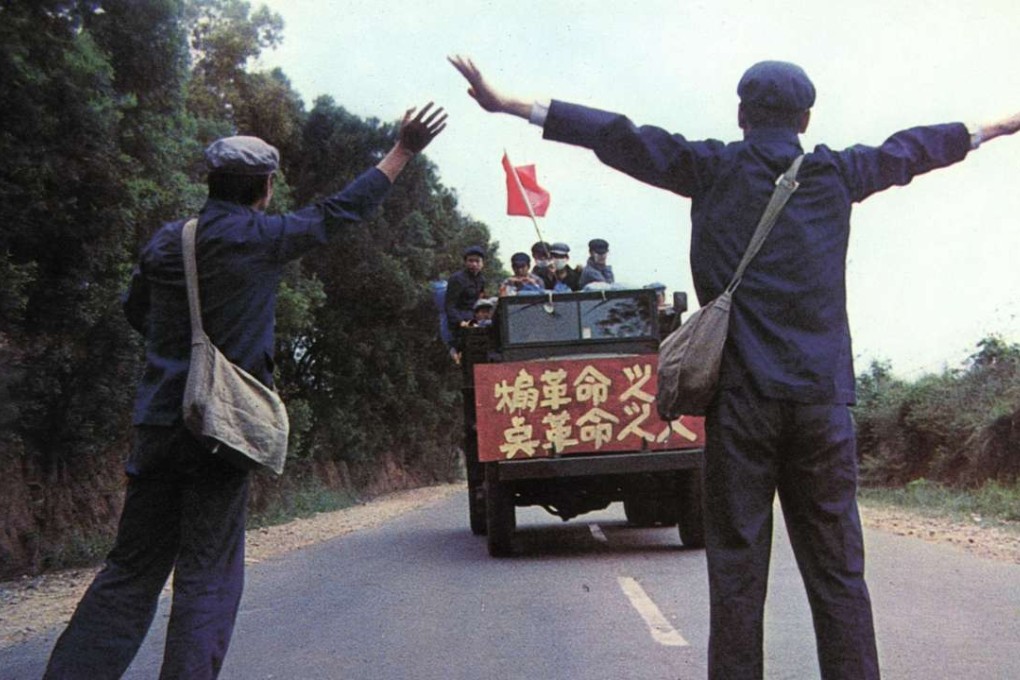Flashback: China Behind – Cecile Tang’s Orwellian tale outlasts its suppressors
Completed in 1974 but not shown until the 1980s, Tang’s film about university students fleeing the Cultural Revolution for Hong Kong is perhaps even more awe-inspiring now than it was then

Among the thousands of Chinese-language movies produced in Hong Kong, Taiwan and the People’s Republic during the turbulent 1970s, China Behind – completed in 1974 but not publicly screened till the 1980s – ranks as the decade’s most singular cinematic accomplishment. In terms of casting, technique and (most of all) subject matter, director Cecile Tang Shu-shuen created a work so outside the bounds of acceptable commercial and political norms that it was immediately banned in all three regions.
Set during the outbreak of the Cultural Revolution, in 1966, Tang’s script takes a neorealistic approach in tracing a group of university students attempting to escape to Hong Kong. Though the upheaval then convulsing the PRC was a top concern of the local populace, one would never have known it from the escapist fare inundating Hong Kong and Taiwan cinemas, or the laudatory propaganda pictures on mainland screens.
Conventional studios such as Shaw Brothers and Golden Harvest would never dare tackle themes as contentious as those in China Behind, leading Tang to take an independent route that involved eschewing stars for unknowns. The overall look is similarly shorn of showbiz tinsel via cinematographer Chang Chao-tang’s stark images.
Filmed mostly in Taiwan, the mountainous forests substituting for rural Guangdong province, China Behind convincingly creates a chilling Orwellian milieu. The soundtrack makes vigorous use of Maoist broadcasts and patriotic songs, jarringly punctuated with Doming Lam Ngok-pui’s percussive music, Twilight Zone-style sound effects and lengthy passages of tension-building silence. Dialogue is sparse, presenting a portrait of the young intellectuals and their varying motives for escape but never crossing the line into didactic discourse.